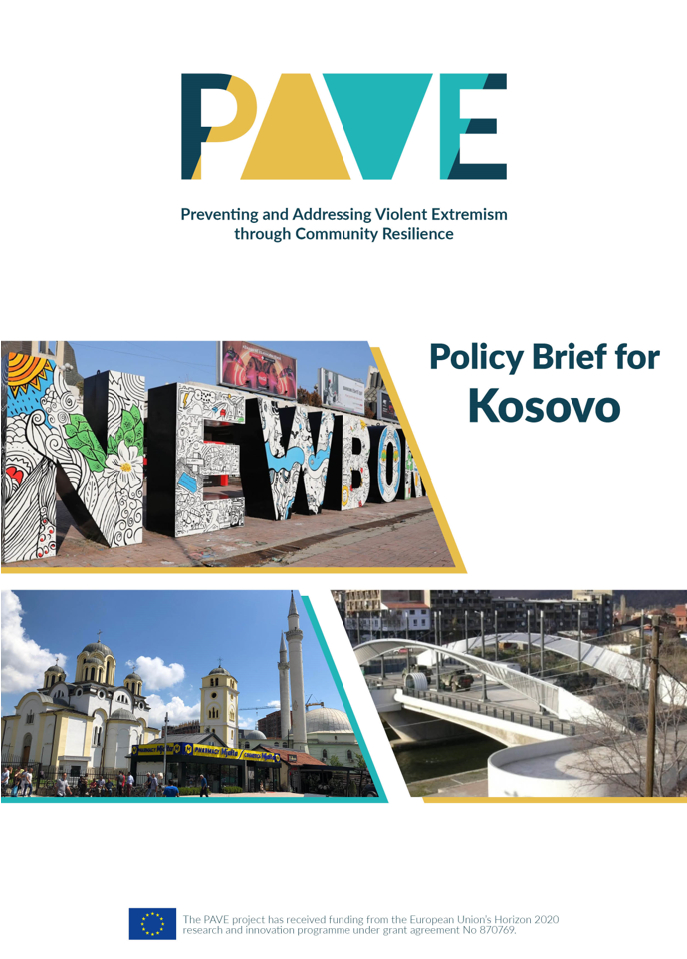19/09/2022

The PAVE consortium consists of 13 partner organisations based in 12 countries, and places particular emphasis on locally-led research with deep contextual familiarity and stakeholder access within the regions under study. It brings together partners with unique and complementary strengths as well as shared areas of interest, in order to foster joint learning and development. In all countries, community leaders such as local state representatives, religious leaders, educators, youth organisations and women’s organisations were consulted to validate first the research plans and later the research findings.
Empirical data was gathered in seven case study countries through a variety of qualitative, quantitative and mixed-method approaches and compared across selected communities (e.g. municipalities) which are unevenly affected by violent extremism. Factors of vulnerability and resilience were identified at the meso level of community dynamics and actors, based on three thematic clusters: the interface between religious, political and ethnic/sectarian extremisms; the interaction between religious and public institutions; and the interplay between online and offline narratives on (de)radicalisation.